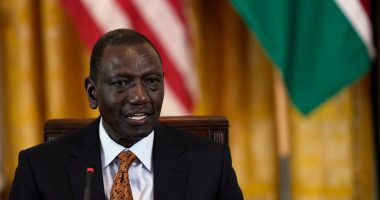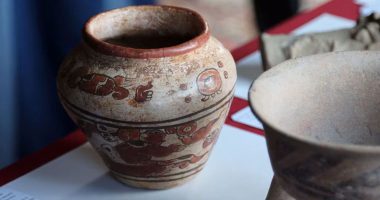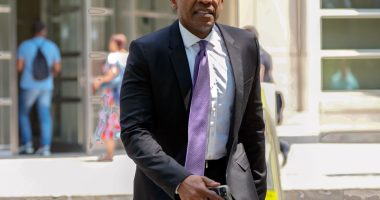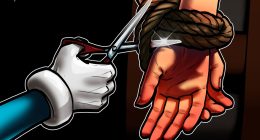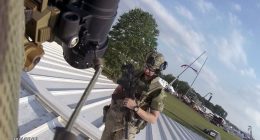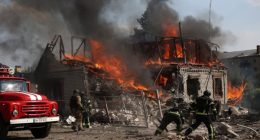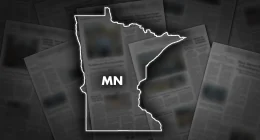Unlock the Editor’s Digest for free
Presidential hopefuls from across Iran’s political spectrum have registered as candidates for this month’s snap election that followed the death of President Ebrahim Raisi, setting the stage for infighting among hardline candidates in particular.
Dozens of hardline and reformist nominees had applied as registration for the June 28 race closed on Monday, including current and former ministers and parliamentarians, the mayor of Tehran, and three woman candidates.
Leading nominees include Mohammad Bagher Ghalibaf, the hardline speaker of parliament, and Ali Larijani, a former conservative head of parliament who played a significant role in the 2015 nuclear deal with world powers.
Saeed Jalili, a former nuclear negotiator, represents the most radical segments of the hardline camp on the list of those registered, while former first vice-president Es’haq Jahangiri is the most senior reformist.
The Guardian Council, the constitutional watchdog responsible for vetting candidates that answers directly to supreme leader Ayatollah Ali Khamenei, will announce about half a dozen approved candidates next week.
Analysts doubted that Jahangiri would be allowed to run unless the regime decided to open up in new ways. Zohreh Elahian, a former parliamentarian and the best-known woman registered, is also unlikely to be authorised by the Guardian Council.
“The Islamic republic is not expected to take any risks in this election by allowing senior reformist figures into the competition,” said Saeed Laylaz, a reformist analyst. “Instead, we have to see whether the current approach will continue with the same pace or accelerate.”
Iran’s president has substantial powers, although Khamenei, as supreme leader, is the highest authority, while powerful institutions including the Revolutionary Guard and the judiciary wield huge influence. Yet the next president could affect the republic’s future should Khamenei, who is 85, die during their period in office — making this election critical in determining the country’s direction.
This has led to a tense power struggle within Iran’s complex political structure, with hardliners tightened their grip to prevent any risks during the succession process, in effect sidelining reformists. Yet many observers are struggling to identify which candidate the supreme leader will throw his weight behind.
Raisi, who had been seen as a possible successor to Khamenei, is thought to have been the supreme leader’s pick during the last presidential election in 2021. Raisi died last month when the helicopter in which he was travelling crashed in a mountainous region near the Azerbaijan border.
While recent Iranian elections have suffered from very low turnouts, opinion polls suggest the participation rate in the upcoming vote may go above 50 per cent. Abbas Abdi, a reformist pollster, said he also believed that turnout would be higher this time as people were developing hopes again that they could influence their future.
Yet there is still deep pessimism about the election process, particularly among the urban middle-class. “Absolutely nothing can convince me to vote ever again, as nobody can make a difference to our miserable lives,” said Marjan, a teacher in Tehran.
However Mehdi, an Iranian businessman, said he might reconsider his decision not to vote if he felt that a candidate could revive the nuclear deal. The accord has been on hold since US President Donald Trump’s administration withdrew from it in 2018, and reimposed tough sanctions on Iran.
“If there is any candidate who might prevent things from getting worse and help ease sanctions, I may vote,” Medhi said.
Iran’s presidential candidates will begin their two-week campaign next Wednesday, which will include live televised debates. Yet the Islamic Republic is wary of senior figures appearing on TV to accuse each other of corruption and injustice for fear it could fuel public discontent.
Other senior nominees whose candidacies are uncertain include Vahid Haghanian, a mysterious hardline figure serving as a senior adviser and assistant to the supreme leader’s office. Mahmoud Ahmadi-Nejad, a former hardline president once favoured by the supreme leader before he fell out of favour, has also registered. He is expected to be disqualified.
Key contenders for the Iranian presidential vote
Also Read More: World News | Entertainment News | Celeb News



